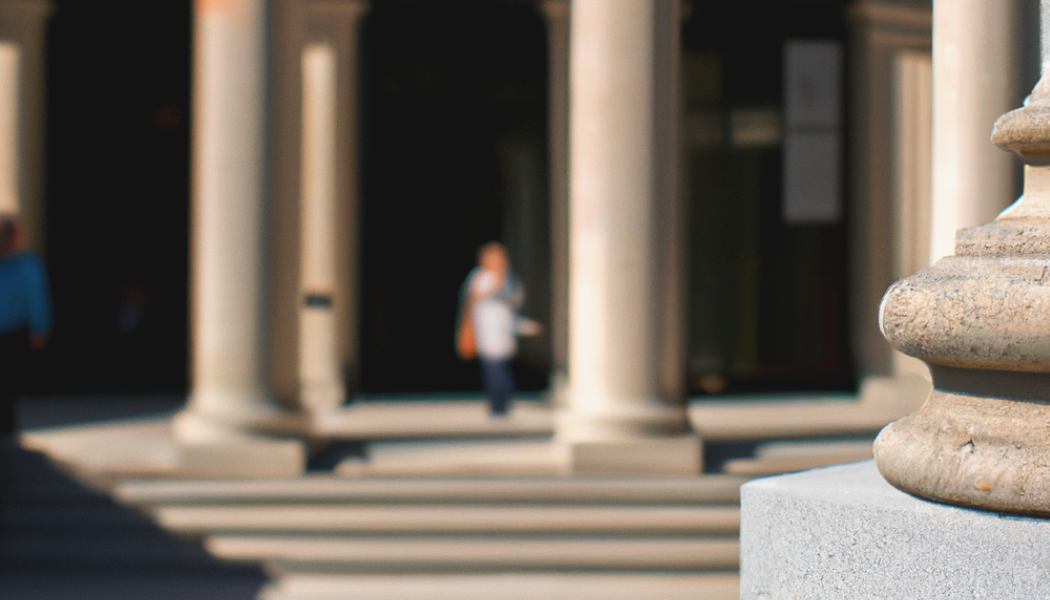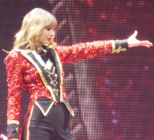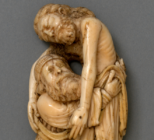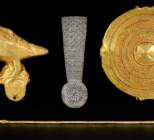The director of the V&A has argued that national museums should have more autonomy over the sharing and repatriation of objects in their collections, but are “hidebound” by legislation.
In the wake of a cancelled meeting between the Greek and UK Prime Ministers, Tristram Hunt suggested that national museums are “almost infantilised” by legislation such as the 1983 National Heritage Act and 1963 British Museum Act, and it should be changed.
Talks over Elgin Marbles break down between Greek and UK PMs
Speaking on the BBC’s Today programme, Hunt said the British Museum, the Victoria & Albert Museum, and other national museums are “hidebound by acts dating back to 1963 and 1983”.
He argued that at national museums, “trustees cannot make the argument that either these wonderful objects should be in conversation with other objects within their collections, or they think that the nature of their acquisition and the nature of public sympathy around those acquisitions from a colonial and imperial past, means that actually they should be returned to countries of origin.”
The current legislation puts Britain “out of kilter” with countries including France, Germany and the Netherlands, he said, which is “almost affecting Britain’s reputation in the world”.
He said trustees should be able to “make the case” for action on specific objects and “begin a conversation around restitution and repatriation, which is what is happening in many non-national museums.”
Hunt cited the Horniman’s return of the Benin Bronzes as an example of the action being taken by museums outside of the current legislation’s scope.
He argued that in place of legislation “there should clearly be a body like the export review committee, or the acceptance in lieu committee” which would “give a sense-check” on decisions.
Hunt, a former Labour MP, refused to comment specifically on Sunak’s cancelled meeting, but said there was “a worrying political consensus” on the front benches of Government about its involvement in national collections, which was distracting from more pressing political issues.
“If I was a politician, I’d actually want to get away from this because, why would you want conversations around the sharing of museums collections to get in the way of conversations around defence, or security, or migration”, he said.










